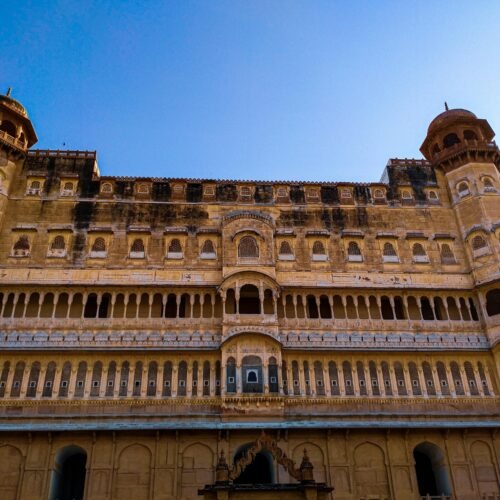Poila Boishakh, also known as Noboborsho, marks the Bengali New Year and is celebrated with great enthusiasm in West Bengal, Tripura, Assam, and among Bengali communities worldwide. In 2025, it will be observed on April 15 in India.
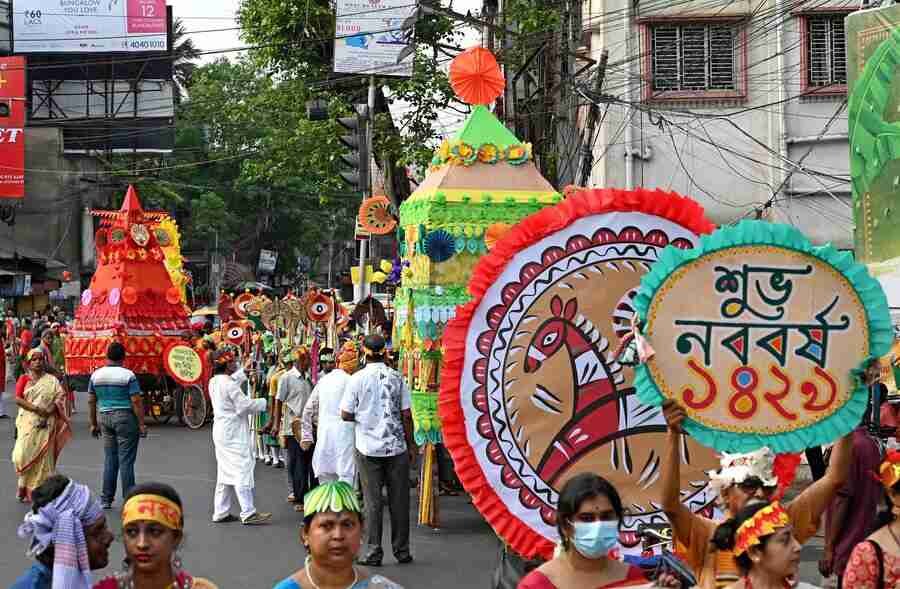
Historical Origins
The festival’s origins trace back to the Mughal era when Emperor Akbar introduced the Bengali calendar, known as Bangabda, to streamline tax collection with the agricultural cycle. This reform led to the celebration of Poila Boishakh as a significant cultural event.
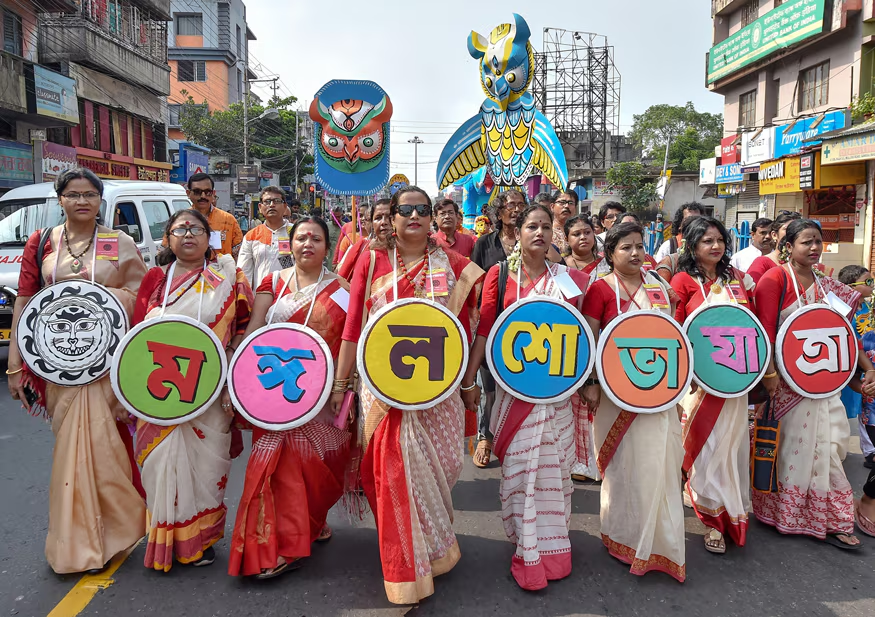
Cultural Significance
Poila Boishakh symbolizes new beginnings, prosperity, and cultural unity. People greet each other with “Shubho Noboborsho” (Happy New Year) and participate in various traditional activities that reflect Bengali heritage.
Traditional Celebrations
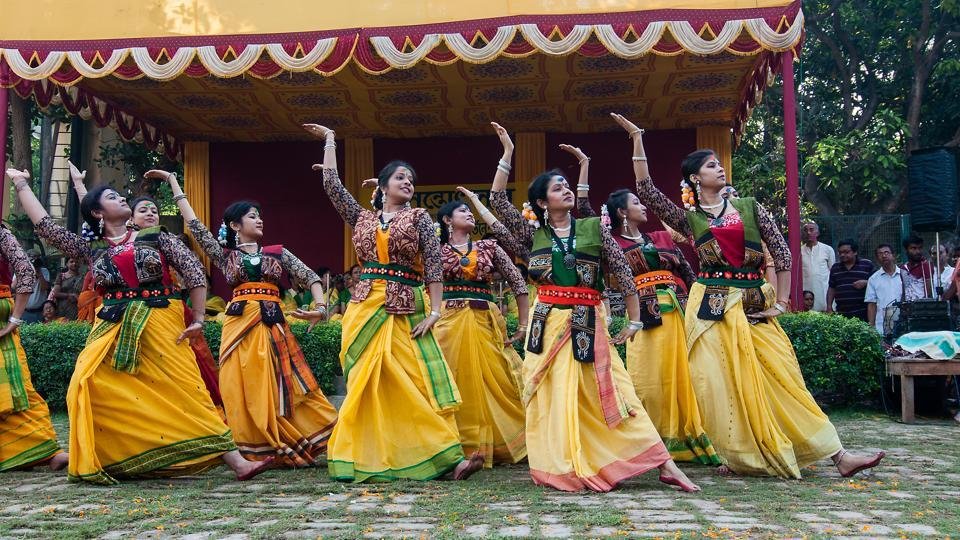
- Prabhat Pheri: Early morning processions featuring music, dance, and traditional attire.
- Haal Khata: Merchants open new account books and invite customers to mark the new fiscal year.
- Cultural Programs: Performances of Rabindra Sangeet, folk dances, and poetry readings are organized in communities.
Culinary Delights
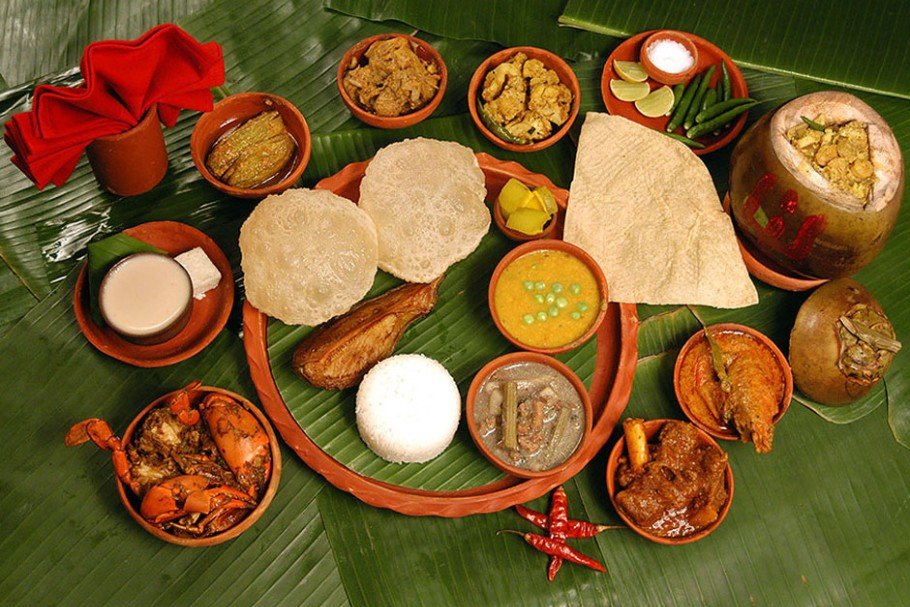
The festival is also a gastronomic celebration, with families preparing and enjoying traditional Bengali dishes such as:
- Panta Ilish: Fermented rice served with fried hilsa fish.
- Shorshe Ilish: Hilsa fish cooked in mustard sauce.
- Payesh: A rice pudding made with milk and jaggery.
Global Celebrations
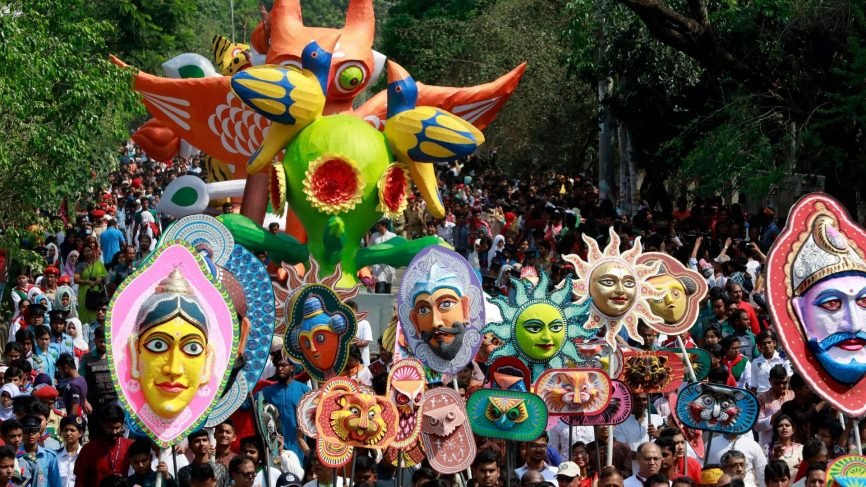
Bengali communities around the world, including in Bangladesh, Canada, and Australia, celebrate Poila Boishakh with cultural programs, fairs, and traditional meals, showcasing the festival’s universal appeal.
Poila Boishakh is more than just a New Year celebration; it is a vibrant expression of Bengali culture, traditions, and communal harmony.

